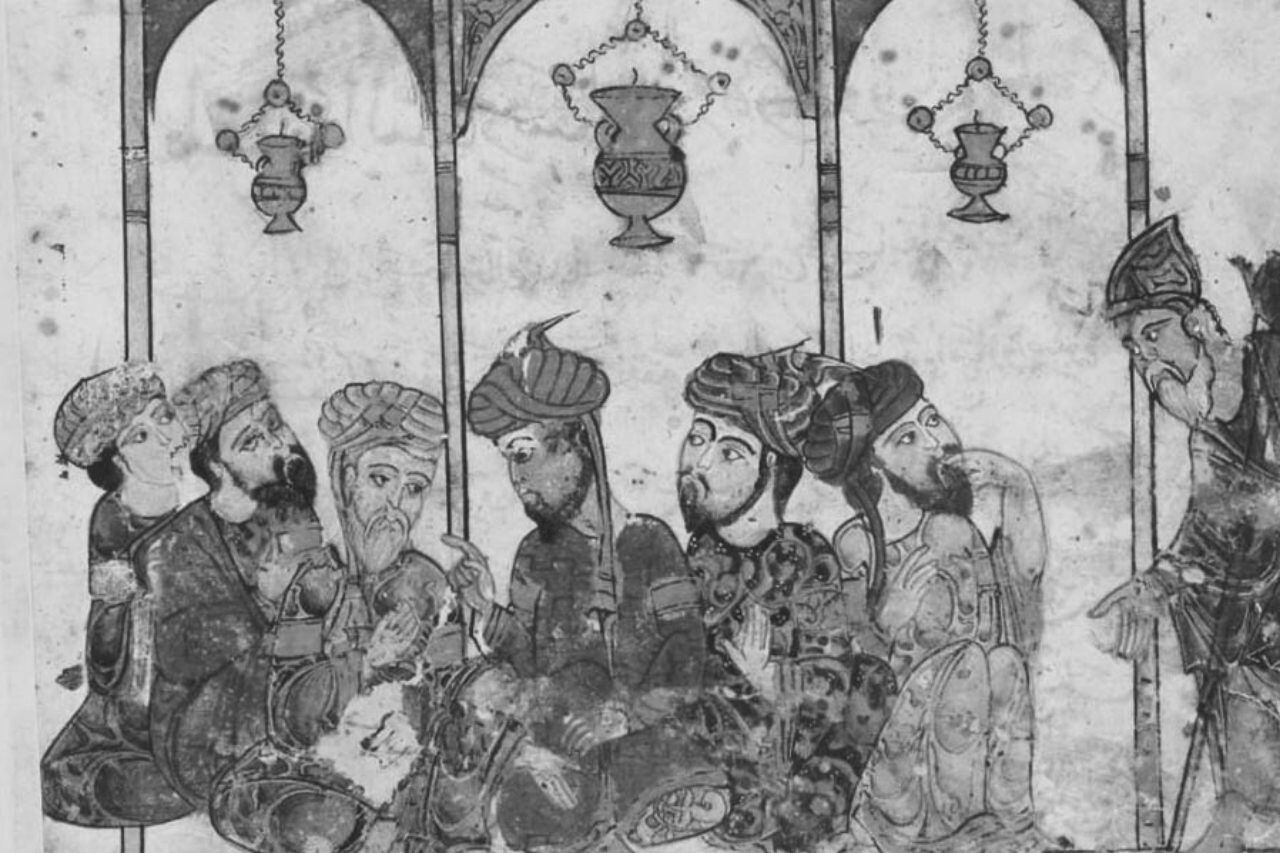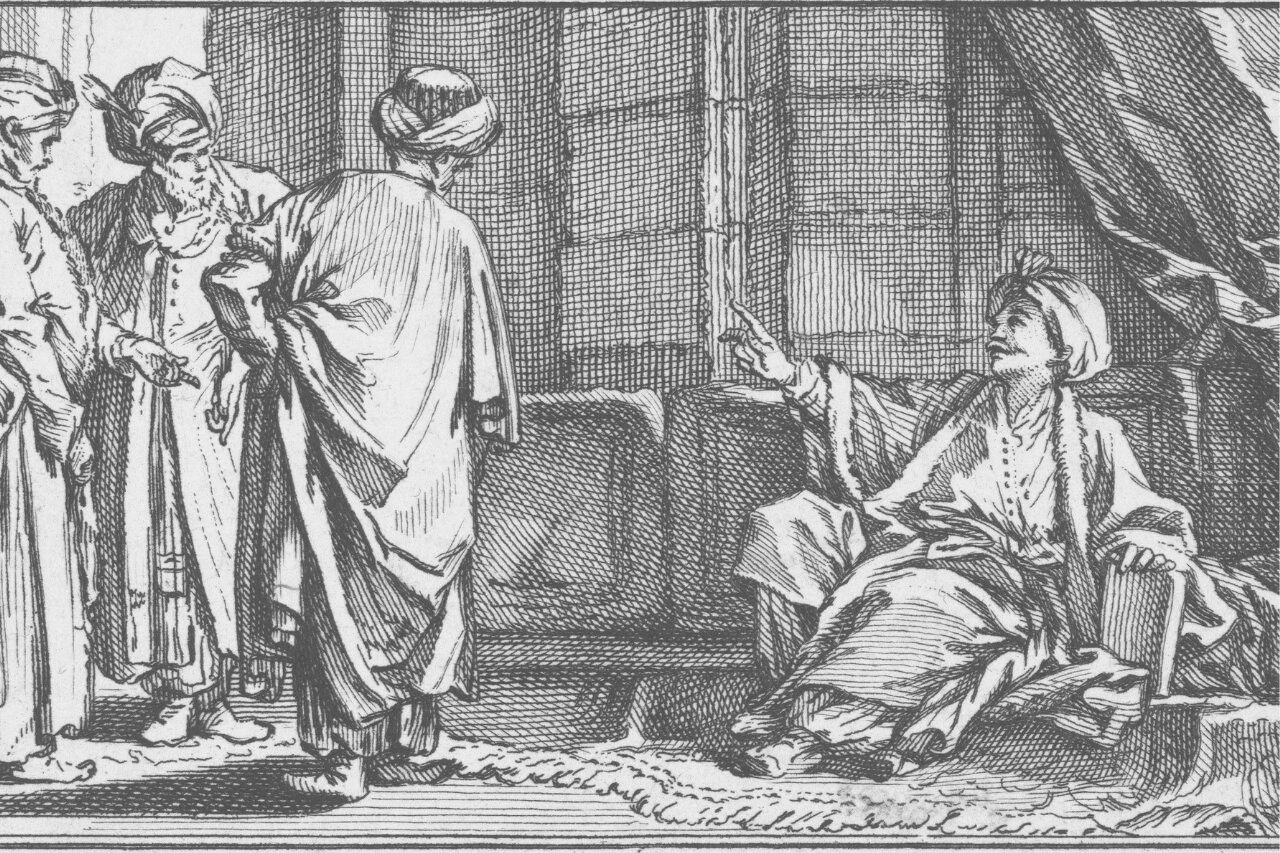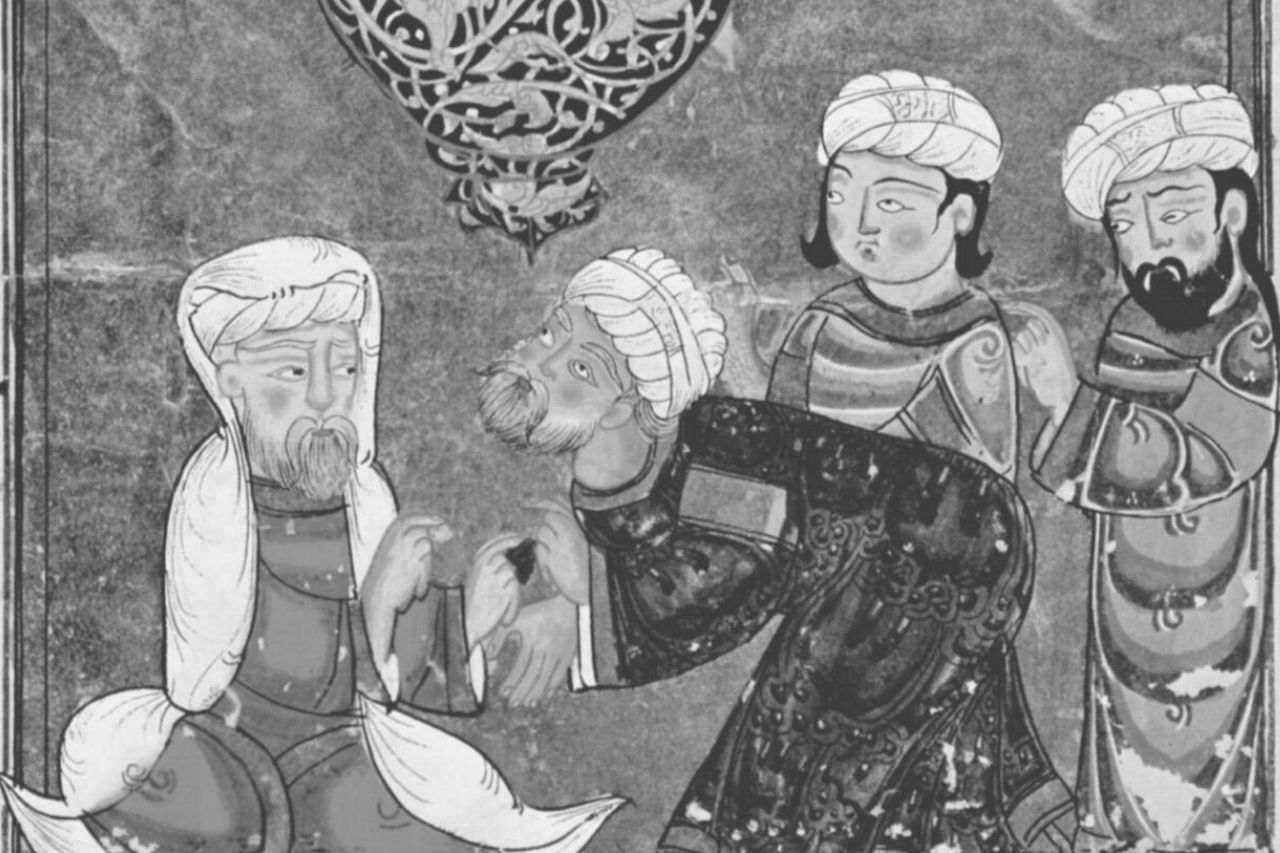Qadi: Understanding the Role & Function of A Sharia Law Judge
A qadi is a Sharia law judge who interprets and passes judgments following Sharia law. Find out more about these Muslim magistrates by reading on.
What is a Qadi?
A Qadi is a Muslim judge who makes decisions following Sharia law. A Qadi’s jurisdiction includes civil and criminal matters. In modern states, qadis generally only hear cases related to personal status and religious customs. This includes marriage, divorce, and inheritance disputes.
Initially, their role was limited to arbitrating disputes and rendering judgments on non-administrative matters brought to him. He would also assume the management of pious bequests like guardianships of orphans, people with cognitive disabilities, or the control of women’s marriages without guardians.
The decision of qadis was theoretically final, although, in practice, premodern Muslim polities developed ways of reviewing these final verdicts. Many Muslim states begin to appoint qadis because they issue their judgments under specific schools of law. This is to guarantee predictability in the judiciary.
To be an Islamic judge, you must be an adult Muslim of good character, have an excellent knowledge of Sharia law, and be a free man. In the 7th and 8th century the qadi was expected to derive the specific rules of law from the Quran, Hadith, and the consensus of the community.
ʿUmar I, the second caliph and companion to the prophet Muhammad, is believed to have appointed the first qadi. He delegated the role of a judge to qadis so he would refrain from personally passing judgments to every dispute. It later became a religious duty for authorities to provide a qadi for the administration of Islamic justice.
What is the History of Qadi?
The Abbasid Caliphate era established the qadi al-qudat (Chief Justice of the Highest Court). Early notable qadi al-qudats included Qadi Abu Yusuf, a disciple of the famous early jurist Abu Hanifa.
The qadi office was essential, with rulers appointing one for every region, town, and village in the Muslim empire. Their role was to take judicial and administrative control, alongside establishing peace and justice over their dominions.
While the Abbasids created the office of chief qadi, Islamic states retained the office while granting its holder the authority to issue appointments and dismissals in his name. The Mamluk state, which ruled Egypt and Syria from 1250 to 1516 CE, introduced four chief qadi practices. This is one qadi for each of the Sunni legal schools.
Qadi Definition
The Qadi definition is a Muslim judge who interprets and administers the religious law of Islam. Qadi comes from Arabic قَاضٍ (qāḍin), which means to judge. The term qadi was initially used in Muhammad’s time and remained the term used for judges throughout Islamic history.
How do you Judge Sharia Law?
Sharia law is traditionally interpreted by Islamic jurists called muftis, who issued formal rulings called fatwas free of charge. Sharia law was initially taught in study circles that gathered in mosques and private homes. The teachers gave commentary on the treaties of law and the understanding of Islamic texts.
Sharia law plays no role in the secular legal system of Muslim-majority countries. Sharia law has some influence on national laws in mixed legal systems, based on European or Indian models. Politicians and jurists generally play the central legislative role.
Some countries still use Sharia systems, like Iran, Saudi Arabia, and other Gulf states. National law is largely uncodified, and traditional Islamic scholars play a decisive role in their interpretation. Sharia is the main course of constitutional law in many Muslim-majority countries still.
In secular systems in Muslim-majority countries, Sharia law is used to deal with family matters. Sharia law is less likely to be used in criminal law, which is more influenced by French law or common law. Some countries like Libya, Pakistan, and Yemen have inserted Islamic criminal law into their penal codes.
How do Islamic Courts work?
Sharia law is interpreted as God’s will for humankind. Sharia law is based on the Quran and the Sunnah (the sayings and deeds of Prophet Muhammad). Muslim scholars use the principles in these texts to understand how God wants Muslims to live.
A qadi oversees a Sharia court, sometimes known as a qadi court. Qadis will evaluate the evidence, establish the facts of the case, and issue a verdict based on Islamic jurisprudence rulings.
Islamic legal theory doesn’t distinguish between private and public law. Court procedures are the same for civil and criminal cases. A private plaintiff is required to produce evidence against the defendant, usually orally.
The standards of evidence for criminal cases in Islamic courts were so strict that a conviction was often challenging to obtain. Even clear-cut cases were almost impossible, causing qadi courts to lose their jurisdiction over criminal matters. They were instead handled in other courts.
Suppose an accusation does not result in a verdict in a qadi’s court. In that case, the plaintiff has the option to pursue it in a mazalim court, sometimes known as the sultan’s court.
Mazalim courts aim to address the wrongs that Sharia courts cannot, including complaints against government officials. The verdicts of these courts conform to Sharia’s spirit but are not bound by the letter of the law. The police operate its courts, which are not bound by the law of Sharia. They have the power to inflict discretionary punishments.
Sharia also plays a role beyond religious rituals and personal ethics in some countries with Muslim minorities. In Israel, Sharia-based family laws are administered for the Muslim population by the Ministry of Justice through the Sharia Courts.
In India, the Muslim Personal Law Application Act can be used when considering Islamic law for Muslims, especially in family law. In England, the Muslim Arbitration Tribunal uses Sharia family law to settle disputes. However, this has been a very controversial topic.
Do you get Muslim Magistrates?
In Islamic law, a qadi is comparable to a Muslim magistrate or judge. Qadis don’t just judge disputes. They also perform extrajudicial functions, including managing public works and mediation services. Qadis have high social status as they are perceived as gatekeepers for the preservation of Muslim law.
Can a Qadi Be a Woman?
Yes, there are Muslim female judges. As Muslim states gained independence from Europe, there was a hole left by European colonizers in education, government, and legal professions. The number of law graduates and the legal profession was inadequate in post-colonial times.
To fill the empty judicial space, rules expanded general educational opportunities for women. Females began to be appointed as religious judges in the 1960s. In countries where the colonized have more opportunities to study law, like Egypt, there wasn’t a shortage of male legal practitioners. This delayed women’s acceptance in judicial positions.
There is a disagreement amongst Islamic scholars as to whether women should act as qadis. The secular courts have a minimal issue with women acting as judges. Religious courts generally restrict the domains female judges can preside in.
Women now serve as qadis in the majority of Muslim countries. Indonesia has the most significant number of female religious judges in the Muslim world, with over 100. In 2009, two women were appointed as qadis by the Palestinian Authority in the West Bank. In 2010, Malaysia also appointed two female qadis.
Currently, women can only make rulings on custody, alimony, and common property disputes. They cannot decide on criminal or divorce cases, which make up most of the qadi’s work. Studies have shown that female judges are more sensitive to the interests of female litigants in alimony cases. Research also shows that women hold similar views to their male colleagues in upholding Sharia standards.
What is the Difference between Qadi and Mufti?
A qadi and a mufti have similar roles in interpreting Sharia law, although they are not identical. Muftis are jurists that give authoritative legal opinions and historically rank higher than qadis. Qadis are trained in Islamic law, although not to a level required to issue a fatwa.
While the muftis and fuqaha had a role in clarifying jurisprudence principles and the laws, the qadi’s role was to maintain the establishment of justice based on these laws and rules. If it is unclear how the law should be applied to the case, a qadi should solicit a fatwa from a mufti.
Until the Qadi’s Ordinance of 1856, the qadis were appointed by the central Ottoman government’s synecdoche. They were part of the Ottoman religious judiciary. This Ordinance recommends muftis, and scholars called ulamas are consulted.
Generally, the sentences of qadis we checked by the court-appointed muftis. The muftis usually checked essential decisions. If the qadi and mufti disagreed, the case would be submitted to the Grand Mufti.
By the 1880s, Sharia Courts Ordinance introduced the hierarchical judiciary. Through the Ministry of Justice, individuals or parties could appeal to the Cairo Sharia Court against qadis’ decisions.
Conclusion
Qadis have a long history in Islamic law. Although their place in society has changed, their role is just as important as it was in ancient times. Here are the core points to remember about qadis and Islamic judicial law:
Qadi is a Muslim judge in Sharia court who makes decisions following Sharia law.
Qadis generally only hear cases related to personal status and religious custom.
In recent years, women can now be qadis.
A qadi oversees a Sharia court.
Qadis are trained in Islamic law, although not to a level required to issue a fatwa.
To be a qadi, you must be an adult Muslim male of good character, have an excellent knowledge of Sharia law, and be a free man.













